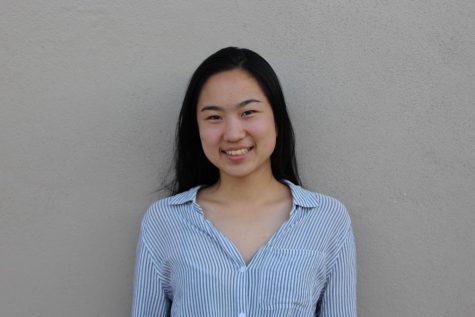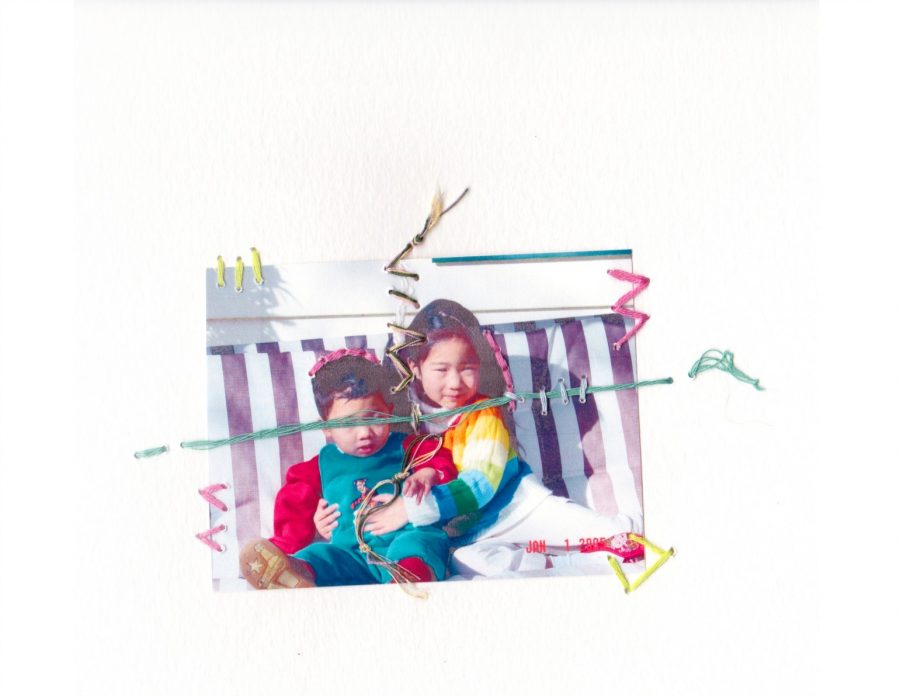Frayed Strings and Sibling Things
I don’t think I’ve ever spoken to my 14-year old-brother for longer than 20 minutes at a time. In fact, 20 might still be an overestimate. My brother isn’t really interested in conversation; he’s autistic.
For 13 years, I struggled to grasp at the fraying strings of what I thought constituted a “normal” sibling relationship between us. It seemed that the more I grew out of board games and cartoons, the less I could relate to him.
Homework became a vacuum into which my free time disappeared. We spent less time together, and I felt I knew him less each day. I lost patience for the silences that sat between the pieces of our fragmented conversations, and as I began to see more differences between him and my peers, I perceived more of a subconscious superiority in myself.
All the while, I refused to let myself believe that I could succumb to the same discriminatory views as others. I assumed my brother’s very existence was a free pass to moral integrity, and refused to acknowledge the subtle biases against the disabled that existed in me. I cringed at the use of “retarded” as an insult, and felt as if by refuting this blatant display of ableism I was somehow immune to its far subtler discriminatory attitudes.
Instead, I channeled my frustration into futile attempts to reach across the widening rift between us. Surely, whatever I was interested in, he must be too — I took art classes, so I tried to teach him to draw; I passed level five on the piano, so I tried to teach him “Mary Had a Little Lamb.” I’d made the patronizing assumption that since he wasn’t as invested in anything as I was, his list of hobbies was a blank slate upon which I could pencil in my own.
In a tacit assumption of my superiority, I failed to understand that connection was a two-way street. I’d run into the other lane with no regard for oncoming traffic, without bothering to register his interests. It seemed, then, like we had nothing in common. The fight for a “regular” brother-sister relationship had been lost before it even started because of his diagnosis alone.
Eventually I came to understand that, despite my attempts to connect, there was a barrier to our forming a relationship that could not be overcome by brute force. As I grew busier and older, my attempts to reach out to him became less frequent. I looked more introspectively on the true nature of our failure to communicate.
It took many pensive showers for the whispering streams of hot water to form a cohesive self-reflective thought, and I’m not sure anything could have catalyzed the process of realization. My epiphany was not built by textbooks but by melodramatic moments staring out foggy car windows, peaceful isolation in elevators, zoning out in checkout lines at Safeway.
Once I’d come to terms with it, the unshakable realization that I myself harbored biases against people like my brother was both immensely saddening and heavily influential. A part of me I’d never acknowledged had finally exposed its ugly head to the slow ebb of deliberate change. Little things in my everyday life necessitated newfound attention and reflection — staring for a second too long at a person in a wheelchair, frustration at my brother’s tantrums.
These biases were a symptom of basic human psychology; we tend to categorize in stereotypes and look down on people who don’t fit into boxes. Overcoming them took realizing that they could, in fact, be overcome — even the subconscious can be overridden by a conscious reminder that a person in a wheelchair is just as valuable as anyone else and my brother’s tantrums are not uncalled for but a manifestation of the symptoms of his disorder.
Over the course of many months, a few years now, I began to correct myself in the small condescensions I noticed. As I corrected myself, I became more sensitive to noticing them. This sort of self-reflection cultivated a newfound patience for the things I didn’t understand about my brother and less ableism toward other disabled people I’d previously labelled as “uncategorized” in my mind full of cardboard boxes.
Thoughts are powerful. Acknowledgement of and exposure to people we don’t understand breeds eye-opening conversation and deconstruction, or at least reconsideration, of stereotype.
Years have passed, and in all honesty, I’m far from entirely nondiscriminatory, but progress is more important than proficiency.
In understanding my brother and navigating our largely nonverbal relationship, I began to understand that connection cannot exist upon a porous foundation of perceived superiority. I am still frequently impatient or insensitive towards my brother, but I am a better sister because I know that I am and because I am not pretending not to be.
There is no rift wide enough to irrevocably separate two people, but sometimes the roots of the perceived separation are subconscious and veiled beneath layers upon layers of preconceived notions and fragile human pride.
I still don’t fully understand my brother, not in the conventional sense, and while his disability might make him more difficult to relate to, it does not make him inaccessible. In a lesson in humility I didn’t ask for and didn’t immediately understand, my brother has taught me that he and I are both equally human. No valley lies between us unless we believe one to.

5'4". Black hair. Actually a lizard. When she think's no one's watching, spends time calling dogs pretty, watches videos about garlic bread in space...



